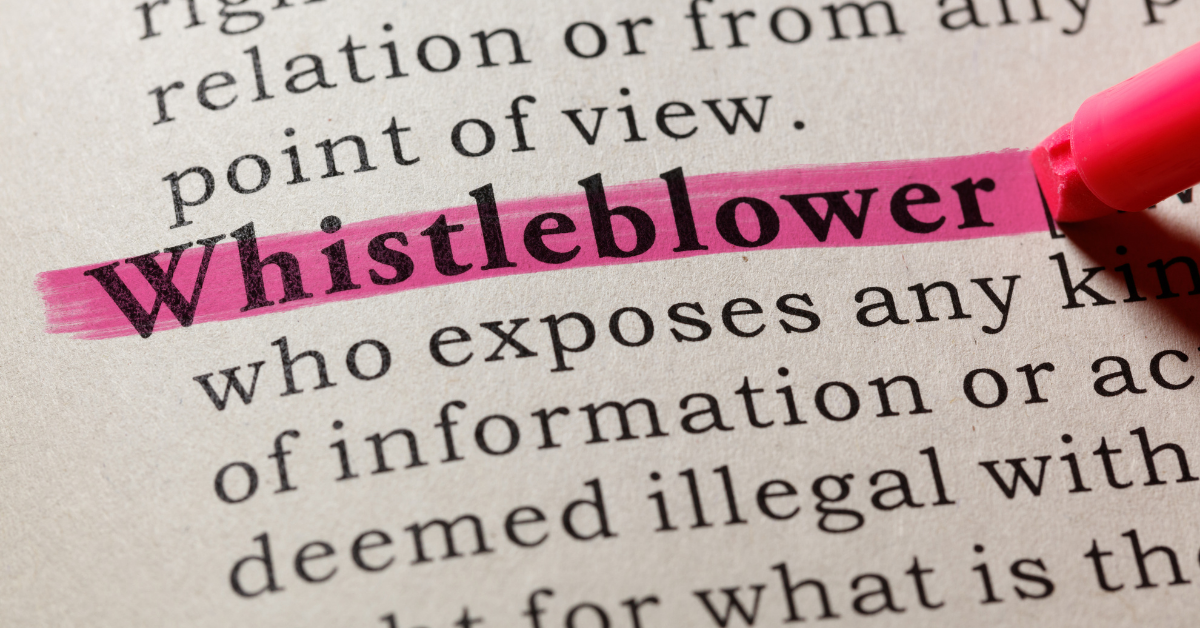Memphis Retaliation Lawyers
Can I get fired for retaliation? As a supervisor, yes termination is one of several corrective or disciplinary measures an employer can take in response to substantiated allegations of retaliation! Is there any way to avoid being accused pf retaliation? You have been in that situation where an employee accuses you of harassment or discrimination. If the allegations are untrue, it probably makes you upset that someone would make those allegations against you. As tempting as it might be to give that employee extra work or reprimand the employee for asserting their rights in being a part of the complaint process, do not allow yourself to harbor any feelings. Here are a few questions to ask oneself to avoid retaliating against an employee.
First, How long ago did the protected activity occur? Causal connection between the protected activity and the adverse employment action is key. Presumably if the protected activity took place a while ago, the likelihood that the employee will establish a causal connection is low.
Second, who is recommending the adverse employment action? Is the individual on the management team? Is the supervisor the one who has been accused of wrongdoing performing the adverse action? If so, it would be best if someone else on the management team independent make a determination regarding the adverse employment action. How have you treated other employees with the same job-related issue? Treating a protected employee more harshly than you have treated other employees who committed the same offense or had similar performance issues is a huge red flag for the EEOC. If you are harsher with the protected employee, you’d better have a very good, well-documented, legitimate explanation that is not related to the protected activity.
Best practices say to keep emotions and personal feelings out of the workplace to avoid retaliating against an employee. Managers and supervisors need to be trained on what retaliation in the workplace and how to avoid it. There may be times where you may have to reprimand an employee for something he or she has done When considering any adverse action, review whether the employee has filed a complaint or participated in an investigation. It is important that you as the supervisor to follow your company’s policies and procedures and avoid discipling the employee more severely than other employees who have engaged in similar misconduct or performance problems. Additionally, documentation is important. Memorializing the reasons for taking adverse action against the employee will be helpful for the employer in a retaliation complaint is brought against you.
Moreover, the company as a whole can take proactive measures to prevent retaliation, and to prevent a person to get fired for retaliation. When an employee files a complaint or participates in an investigation instruct the individual and all those involved in the complaint process that retaliation is prohibited. After an employee engages in protected activity someone from human resources, should follow up with that employee to see if he or she has experienced retaliation. Employers should conduct mandatory training on discrimination, harassment, and retaliation for all employees develop an anti-retaliation policy so that hat all employees are put on notice and know what reporting mechanism are in place.


